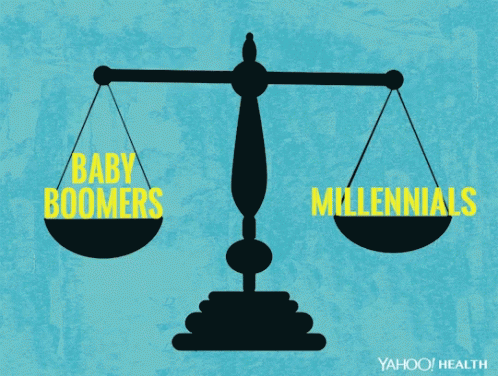Recently, for another class, I read some passages from a book called The Last Child in the Woods. In it, the author, Richard Louv, promotes the idea of people entering nature, and children playing together outside, rather than everyone being cooped up inside using technology. He invents the term nature deficit disorder; the idea that children are spending less time outdoors, resulting in misbehavior and potential health risks. This is not a medically-recognized disorder; however, it interests me to think that children are more likely to misbehave if they don't spend enough time in the outdoors.
My favorite quotation from the selected reading was, “A kid today can likely tell you about the Amazon rainforest- but not about the last time he or she explored the woods in solitude, or lay in a field listening to the wind and watching the clouds move,” (Louv, from selected passages of Last Child in the Woods).
This passage still makes me chuckle because it almost seems like Louv argues that keeping up with ones education and going on a walk alone in the woods are of the same importance. This book was written well before the burning of the Amazon rainforest in 2019; here, Louv is stating that children are mindful of the far-away rainforest and they are not mindful of the nature locally available to them.
What about kids who live in apartment complexes in busy cities? Industrialization complicates Louv's argument. Not everyone has big backyards and forests that are clean, safe, and readily available to explore. Parents of children in cities do not, or at least should not, allow their children to go outside and wander alone. In many areas, it's not safe to do so anymore.
Furthermore, do kids today really need to go cloud-watching? I imagine that kids today would get bored lying there staring at the sky doing nothing else; I know I would. I've only ever cloud-watched while doing other things: like when I'm laying down at the beach, looking up at the sky through a pair of thick sunglasses, or when I'm laying down in a field waiting for the sky to get dark enough for the fireworks to start. During these moments I am with friends and family, and it's warm outside. I don't see myself ever going into a cloud-watching scenario alone, because frankly, why would I?

Sometimes I go on walks alone, but honestly, I usually stop and get something to drink, or else I feel like I'm wasting my time. I need to do something to make my time away from my studies or work feel "worth it." Does anyone else feel this way? When I go on walks or cloud-watch, my mind is preoccupied with thinking about getting an iced vanilla chai or anxiously awaiting the first crack of a firework. Does anyone reading this go out in to nature just to experience nature? If so, how do you turn your mind off? Teach me your secrets.
Louv would be displeased with my casual interactions with nature because I do not spend as much time in nature as I do using technology and that is his ideal vision for children and adults as well. In 2019, is it possible to spend just as much of your time outside than inside? If your job takes place outside, then I suppose, but how about otherwise?
In my research on nature deficit disorder outside of this book, I've found that those who study nature deficit disorder don't focus on what is lost from staying indoors, but rather what is gained from being exposed to nature, especially the nature surrounding ones home. Going outside reduces stress levels, induces relaxation, and makes children and adults feel better physically and mentally.
When we are outside in nature, without our phones/technology, we are free to experience all of the senses. When we're using technology, we are focused on that one device, therefore tuning out everything around us. In her article for Greater Good Magazine called "How to Protect Kids from Nature-Deficit Disorder," Jill Suttie writes, "Today, children and adults who work and learn in a dominantly digital environment expend enormous energy blocking out many of the human senses in order to focus narrowly on the screen in front of the eyes. That’s the very definition of being less alive, and what parent wants his or her child to be less alive?" Although her article references Louv's The Last Child in the Woods, I don't think he was trying to tell us that kids today are less alive. His book advocates for adult time outdoors and childhoods spent outdoors, which sounds doable, but just isn't practical in today's world.
I played outside as a child, but I was not allowed to go far away from home. The farthest I was allowed to go was to walk down to Cumbies (Cumberland Farms, to you New Hampshire people) to meet my friends to get slurpees. After that, I was expected to walk home with at least one of my friends; there was no walking home alone, even when I was a kid.
I received my first phone and my first video game around when everyone else did in middle school; and since then, I don't believe that I have been "living less." Technology has given me so many wonderful things. I still appreciate the outdoors, however it's hard for me not to think about anything else or do anything else while being in nature. Is my skewed attention span a result of nature deficit disorder? Do I have it? Do you?
